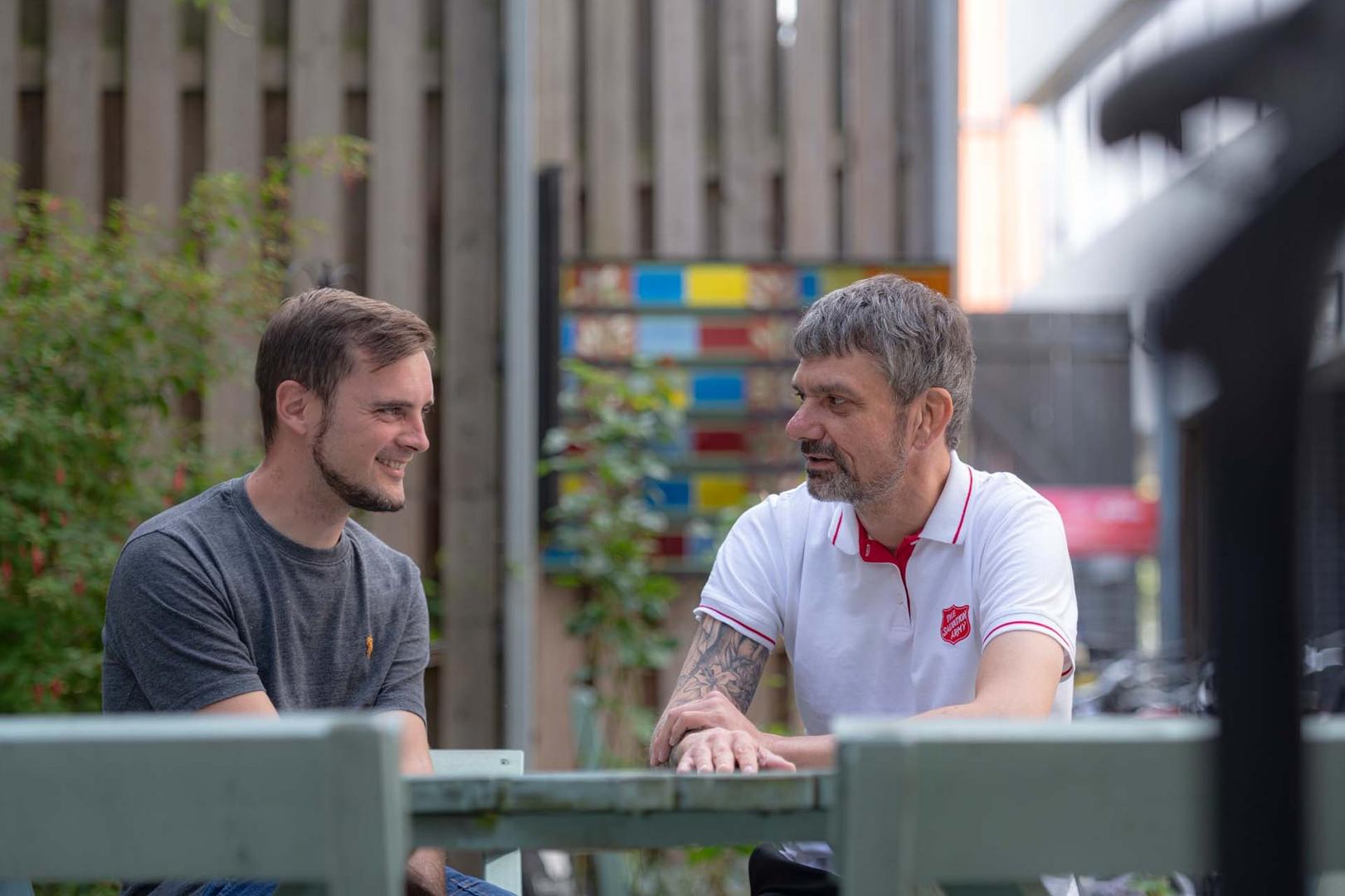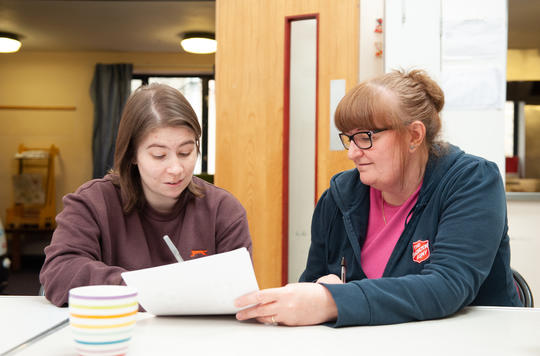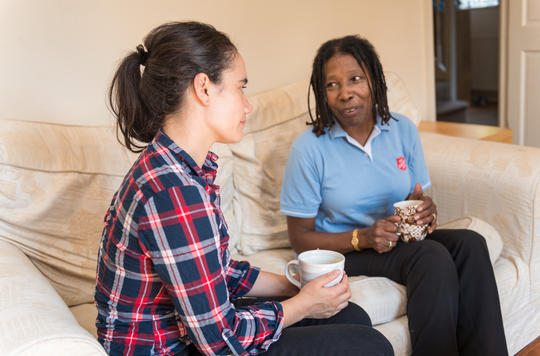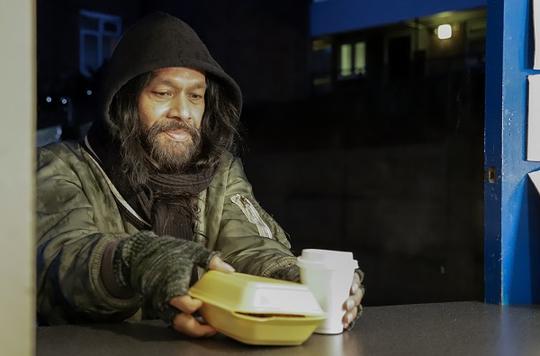Lifehouses (supported housing)

The Salvation Army operates over 80 supported accommodation services across the UK and the Republic of Ireland. We call these services ‘Lifehouses’ because they are more than a place to stay. They are places where people can get support with their housing issues – but also find support with other aspects of their lives such as employment, debt problems, training, spirituality, loneliness, addiction or mental health.
We have a wide range of services and accommodate over 3000 different people every night. We have services for all sorts of people who are experiencing homelessness. These include:
- Single people
- Young people
- Vulnerable women
- Families with children
- Ex-service personnel
- People who are sleeping rough
- People with physical and mental health issues
- People with drug and alcohol issues
- People who are involved with the criminal justice system
- People with no income or no recourse to public funds
Solving someone’s immediate need for housing is a vital first step – and for some people that is enough. For other people they require more support. Our ethos is to recognise that everyone is an individual and people have different wants and needs. We also recognise that for some people the experiences that have led up to those becoming homeless may have been traumatic and they may require some specialist support.
We run our services in a person-centred way – putting them in charge of the process. When we are working with people we try to look at things from the perspective of what they can do and are good at rather than what they can't do.
As well as helping people to apply and move on to permanent housing, we also support them with different issues. For example, we might support someone to set up a Universal Credit claim; help with budgeting skills; or refer them to a specialist debt worker; a dentist; a doctor or a mental health service. We run our own addiction programmes and also have specialist workers to help people with training and employability skills. We run art classes; cook and eat sessions – and also help people to furnish and equip their new properties when they move on. Our aim is to provide tailored support to each individual to equip them with the tools, experience and confidence to help them on their journey and end the cycle of homelessness.
Most of our services operate on a referral basis – this is to help ensure that we support the people that need it most. If you are homeless – or at risk of homelessness or concerned about someone who is, the best place to contact is usually your local council and speak to the Homelessness or Housing Options Service. If you live in an area with two councils – it is the council that you pay your Council tax to who will be able to help you. You can contact our services direct, but they may ask you to contact the council first.
Incident Reporting
All Health and Social Care providers in Scotland must provide an annual Duty of Candour report for their services. As a provider of Housing Support Services we inform our regulator (the Care Inspectorate) of the existence of this report and the publication of it via our Services’ Annual Returns.

Drop-ins
Tailored support for people who are experiencing homelessness.

Addiction services
Support to tackle and prevent addictions.

Housing First
A needs based approach to solving homelessness.

Homelessness
Find out more about what we do, and how you can help us break the cycle of homelessness.